Ho Chi Minh City After work, Lam Tung drove straight to Ong Pagoda on Nguyen Trai Street, District 5 to attend the ceremony to borrow money on the occasion of Tet Nguyen Tieu, on the evening of February 23.
When he arrived, Tung saw that the temple area was already packed with people. Ong Temple, also known as Quan De Temple or Nghia An Assembly Hall, is where the Chaozhou and Hakka Chinese have maintained the custom of "borrowing fortune" for hundreds of years.
People come to the temple after worshiping all the shrines, line up at the place to receive the blessing. Unlike many other temples, here pilgrims do not ask but "borrow" the blessing, including two green tangerines, still with branches, red envelopes and cinnamon paper. With the principle of borrowing and repaying, the recipient will return double the blessing on the occasion of the Lantern Festival next year.
Tung, a resident of District 8, is a Chinese of Chaozhou origin, and has inherited the custom from his parents. For the past few years, he has been going to Ong Pagoda alone to "borrow blessings" with the hope of a smooth career and good fortune.
"All agreements are sincere. Even though I'm busy, I still arrange time to go to the temple to return last year's blessings," Tung said.
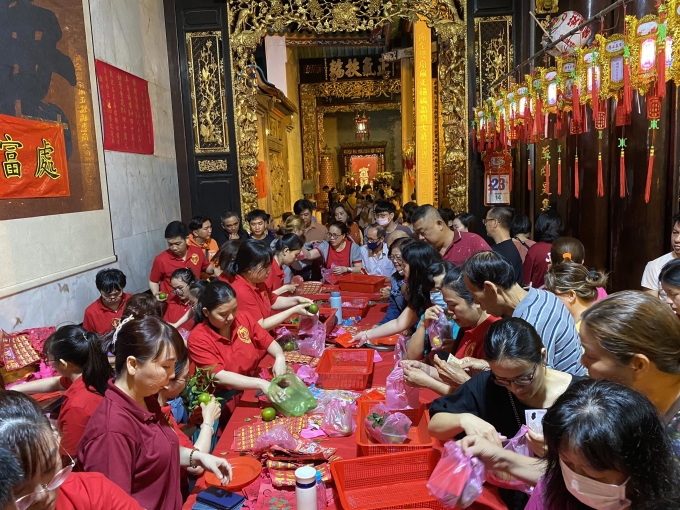
People come to borrow money at Ong Pagoda, Nguyen Trai Street, District 5, Ho Chi Minh City, on the evening of February 23. Photo: Ngoc Ngan
The organizers of the "borrowing fortune" ceremony at Ong Pagoda arranged 20 volunteers to clean the tangerines, avoid breaking branches, and put fortune into bags for the recipients.
During the Lantern Festival, the temple opens from 6am until the end of the day, with the busiest time being between 6pm and 9pm. A volunteer said that this year's Lantern Festival falls on a weekend, so the number of visitors has increased by 10-20% compared to last year.
Ms. Tran Ly, 34 years old, owner of a business in District 5, brought a two-kilogram bag of tangerines to return the blessing at Ong Pagoda on the evening of February 23.
Although she is Kinh, Ly was introduced to the custom of "borrowing fortune" by a Chinese friend last year, so she came to pray for luck. Although the principle is to pay back double, this year she still brought four times the amount of tangerines to return the fortune she borrowed. "I pray for a year of favorable trading," Ly said.
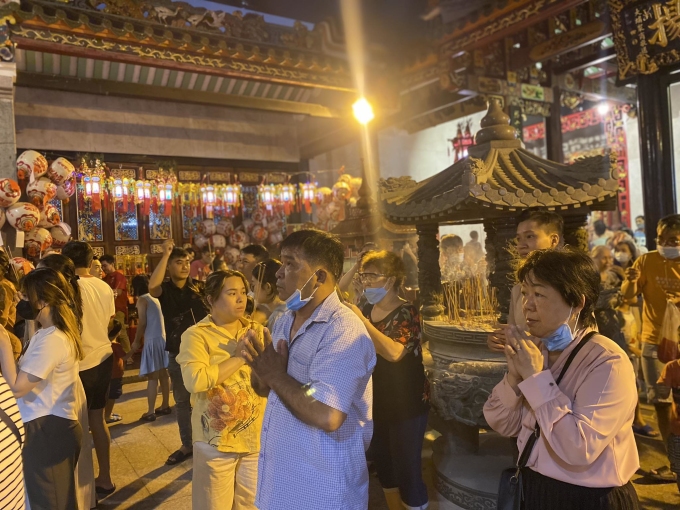
People perform a ritual at Ong Pagoda, Nguyen Trai Street, District 5, Ho Chi Minh City, on the evening of February 23. Photo: Ngoc Ngan
Dr. Nguyen Thanh Phong, lecturer at the Faculty of Cultural Studies, University of Social Sciences and Humanities, Ho Chi Minh City, said that the custom of "borrowing fortune" originated from the wish to borrow fortune for good luck of the Chinese community, who specialize in trade and services.
Along with the need to attract believers, this custom was born and maintained over time in many Chinese folk temples. They believe that in addition to their own business efforts, fortune is also bestowed by the governing gods.
Specifically, the gods of the group of gods of wealth are very numerous such as Tai Bach Tinh Quan, Phuc Duc Chanh Than, Trieu Cong Minh, Quan Thanh De Quan, Nhat Kien Phat Tai...
Mr. Phong believes that behind the "borrowing fortune" ritual is the concept of gratitude to the gods who have blessed people with fortune as well as the fairness of borrowing and repaying, receiving and giving, leading to a prosperous and good life. This makes the humanistic beliefs of the rituals maintained and preserved.
In addition, the Chinese community lives in urban areas, making a living from trade and services. The custom of borrowing money satisfies the desire for a stable and prosperous business, helping to dispel worries about risks and uncertainties because they believe that there is always a guardian angel.
Spiritually, this custom has the meaning of reassuring their psychology and creating confidence for them to strive to develop their careers.
From being a traditional holiday for farmers, Tet Nguyen Tieu has continued to increase its functions over time to become an occasion to "ask for luck" and "borrow luck" to pray for a complete and fulfilling business in the new year.
Tet Nguyen Tieu activities in Ho Chi Minh City take place most bustlingly on January 14 and 15 every year, especially in residential communities in District 5 and throughout Chinese assembly halls with parades, opera performances, lion and dragon dances...
Ngoc Ngan
Source


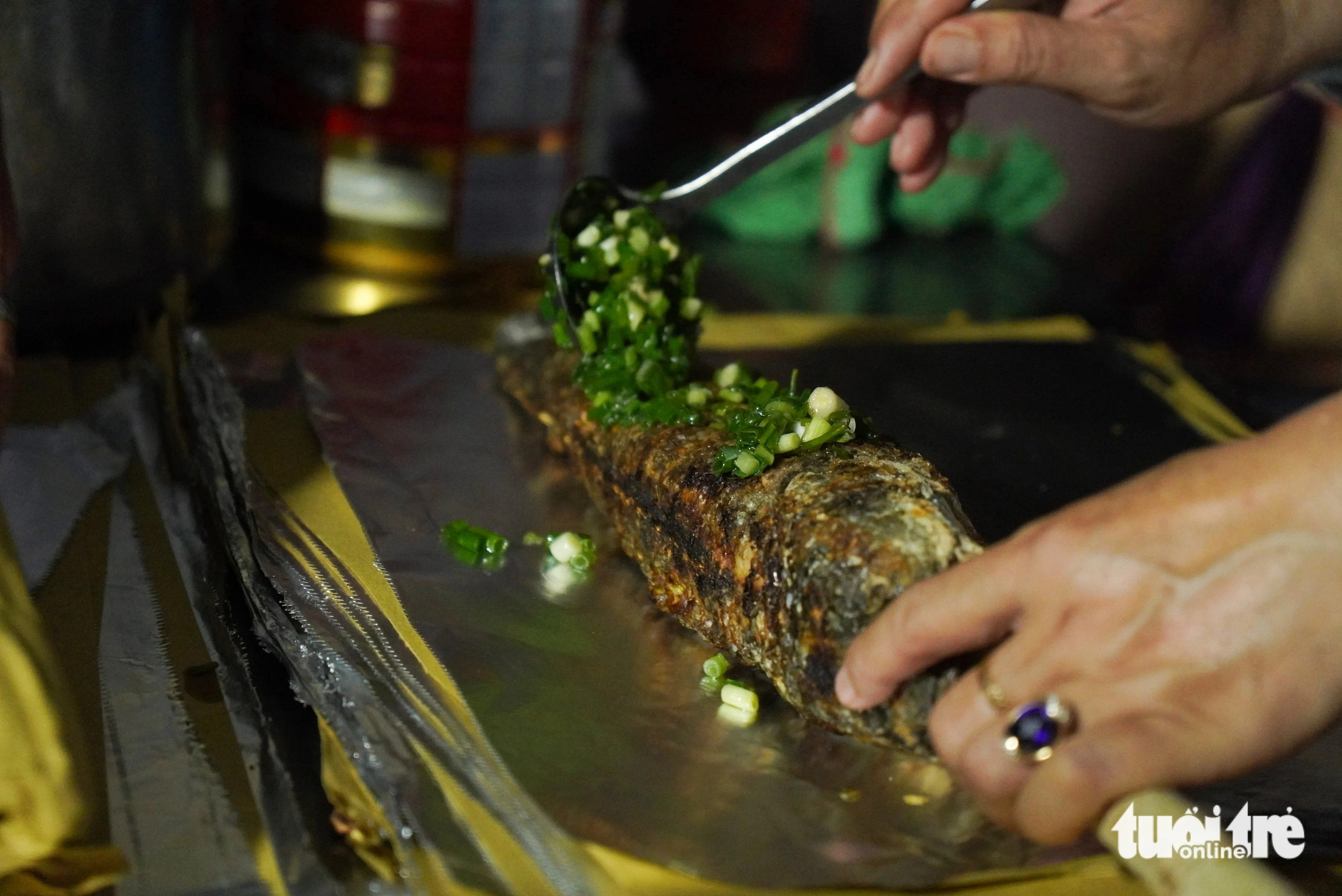



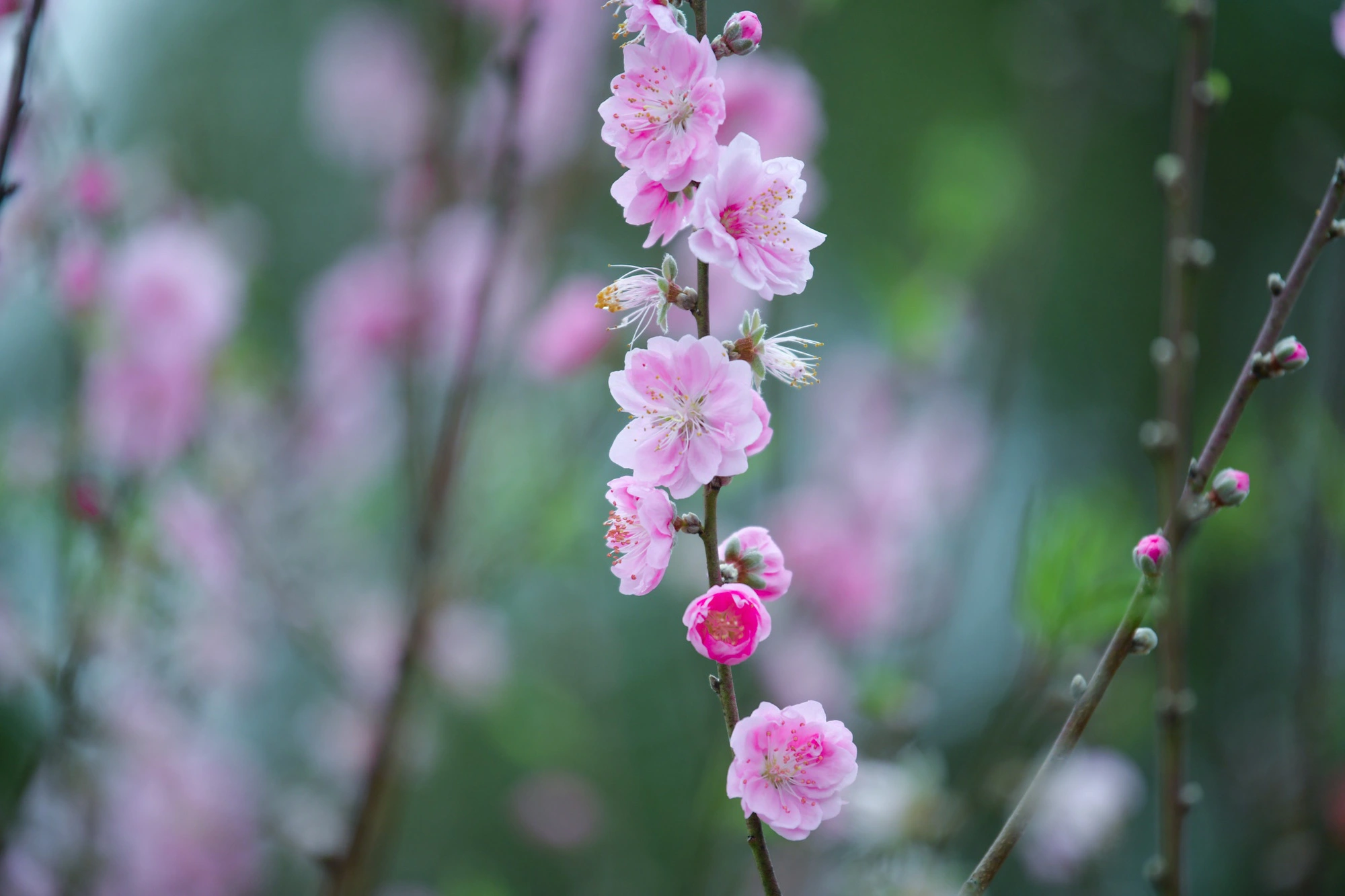
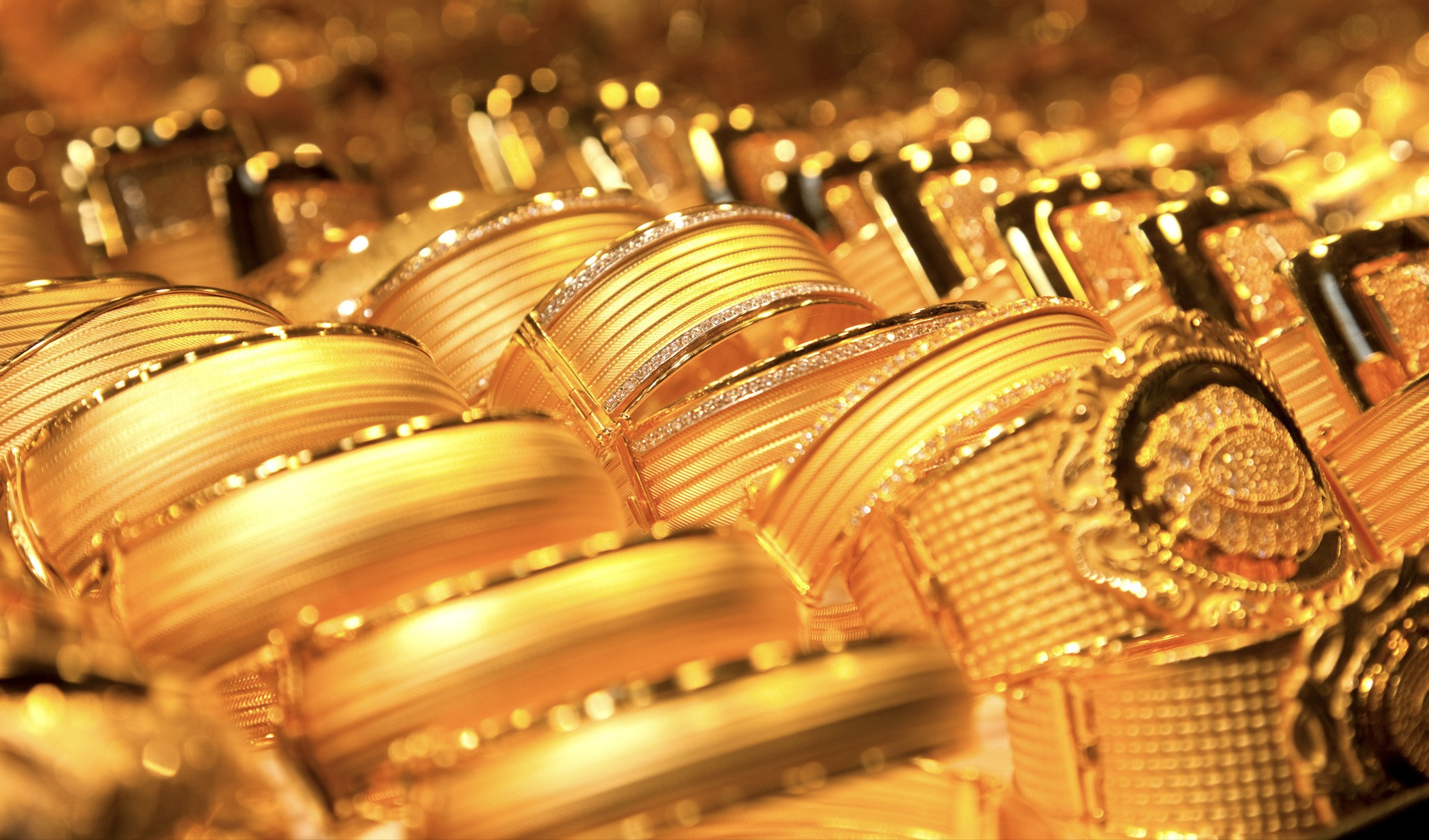






















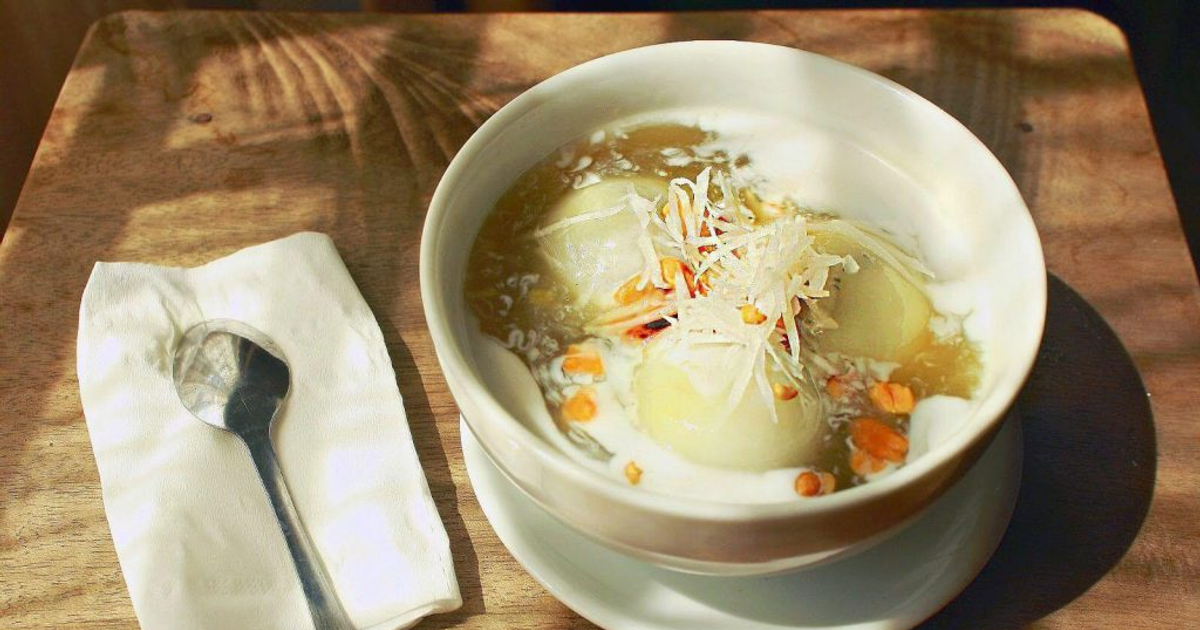
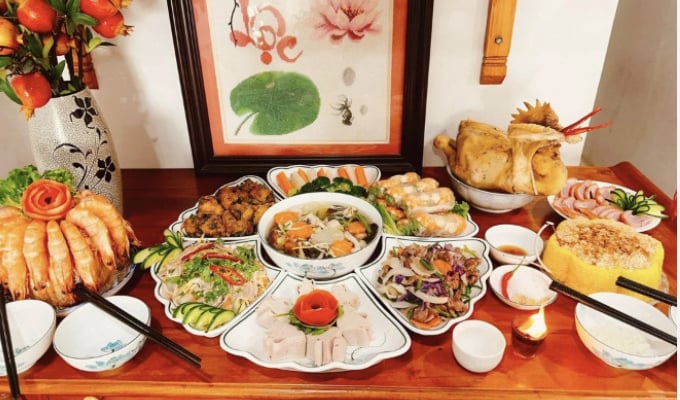

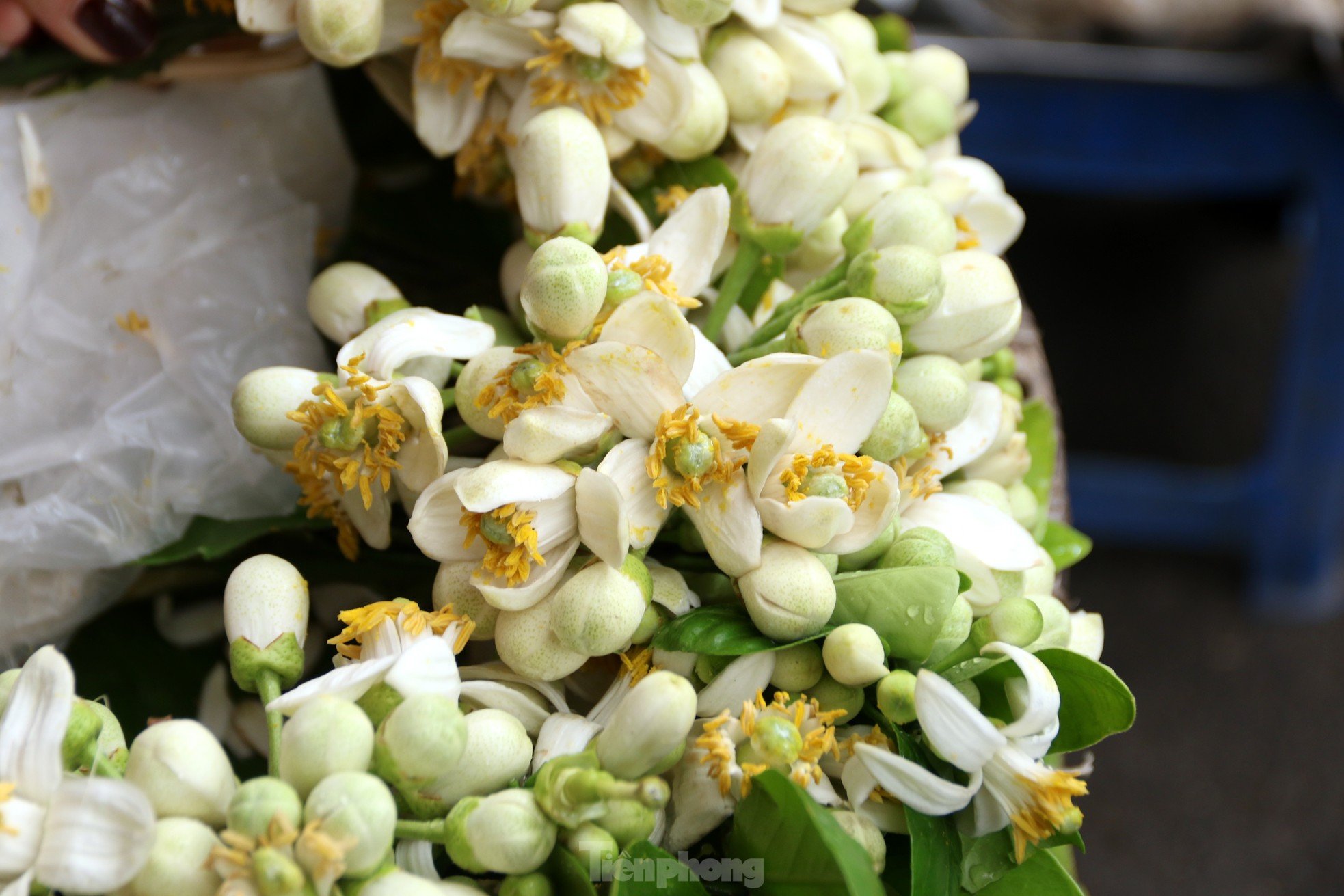

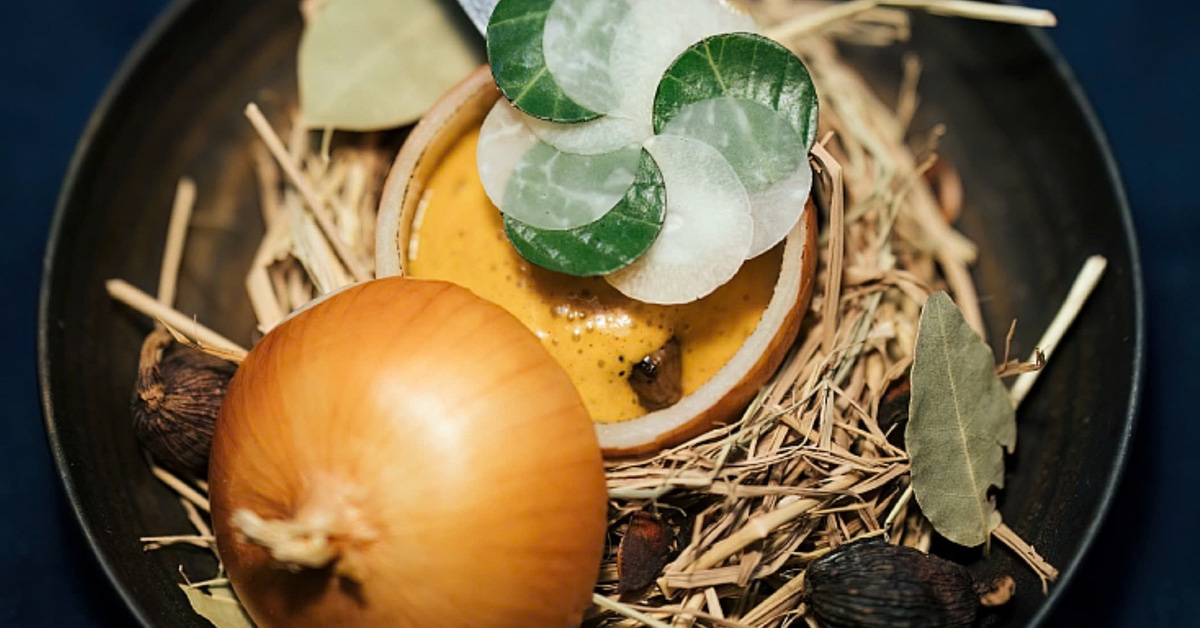

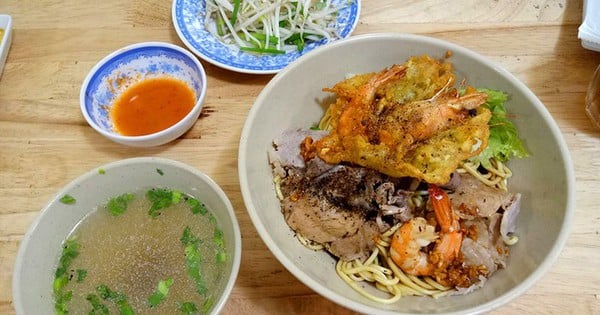


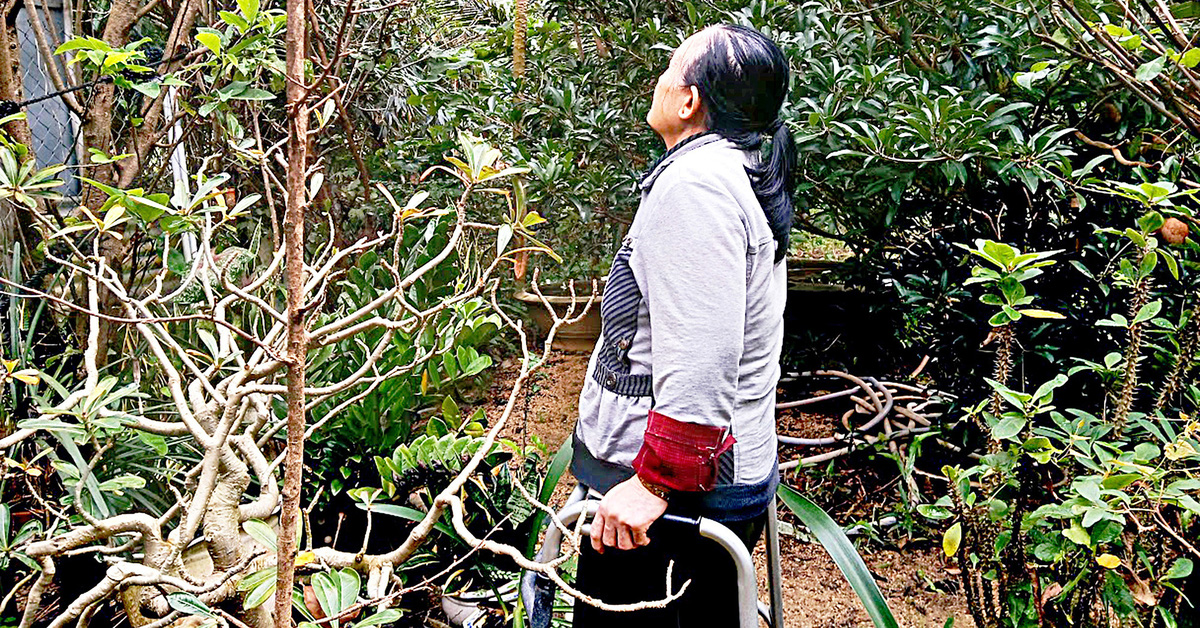
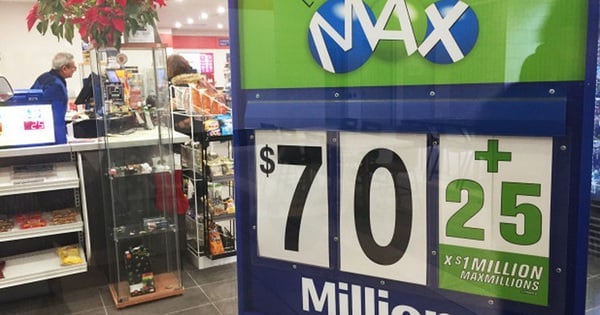




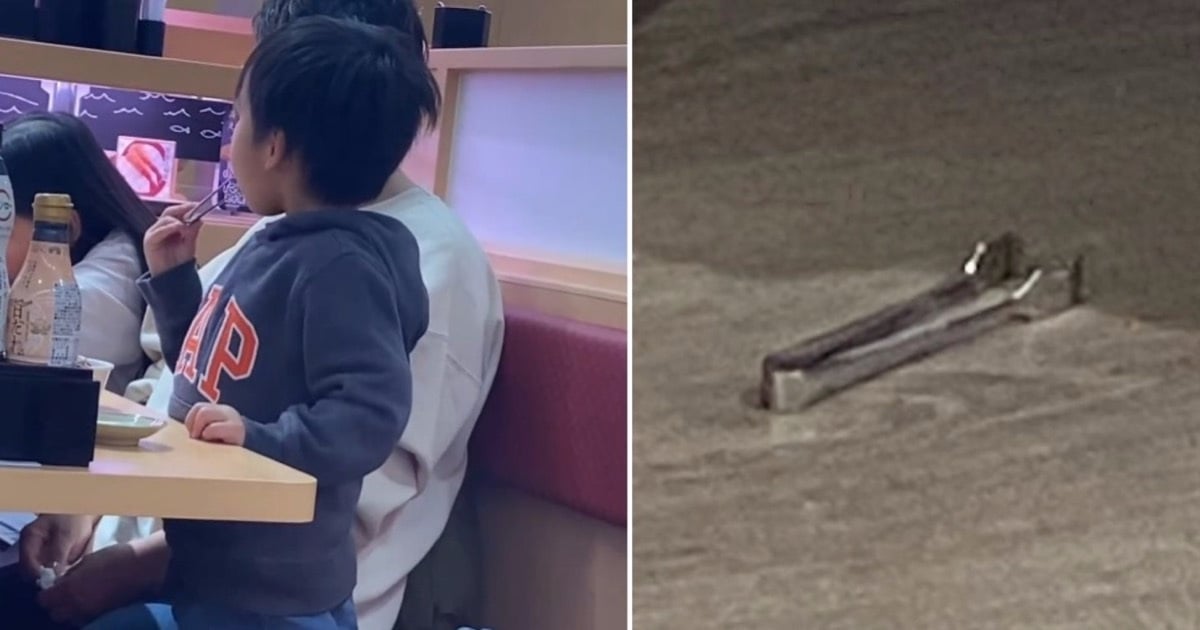

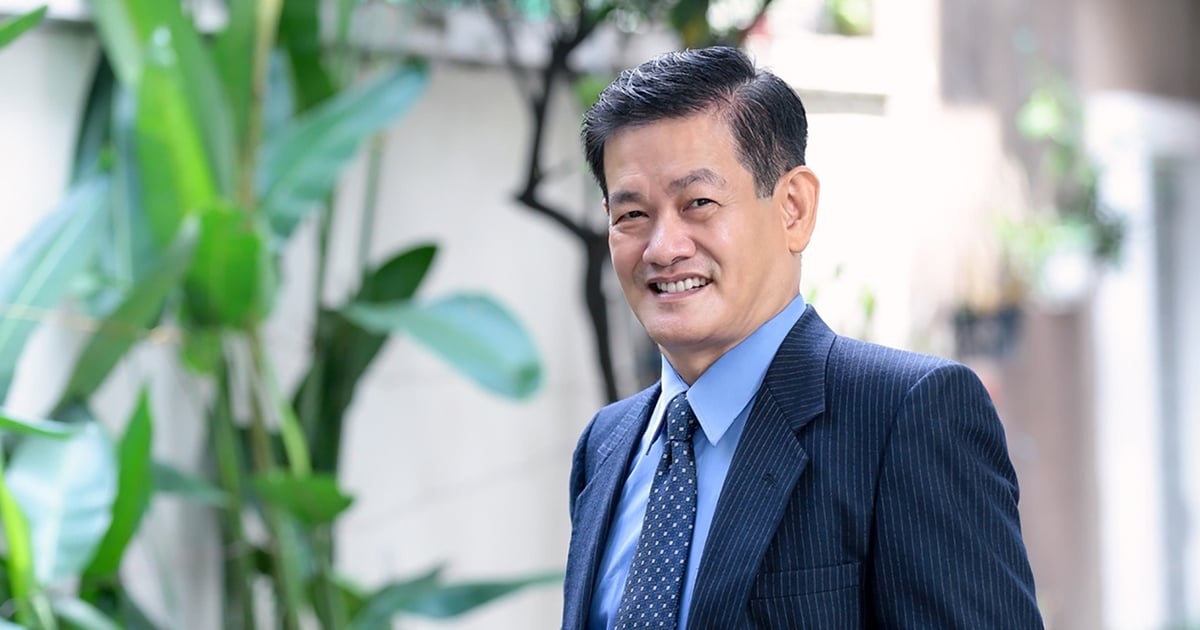







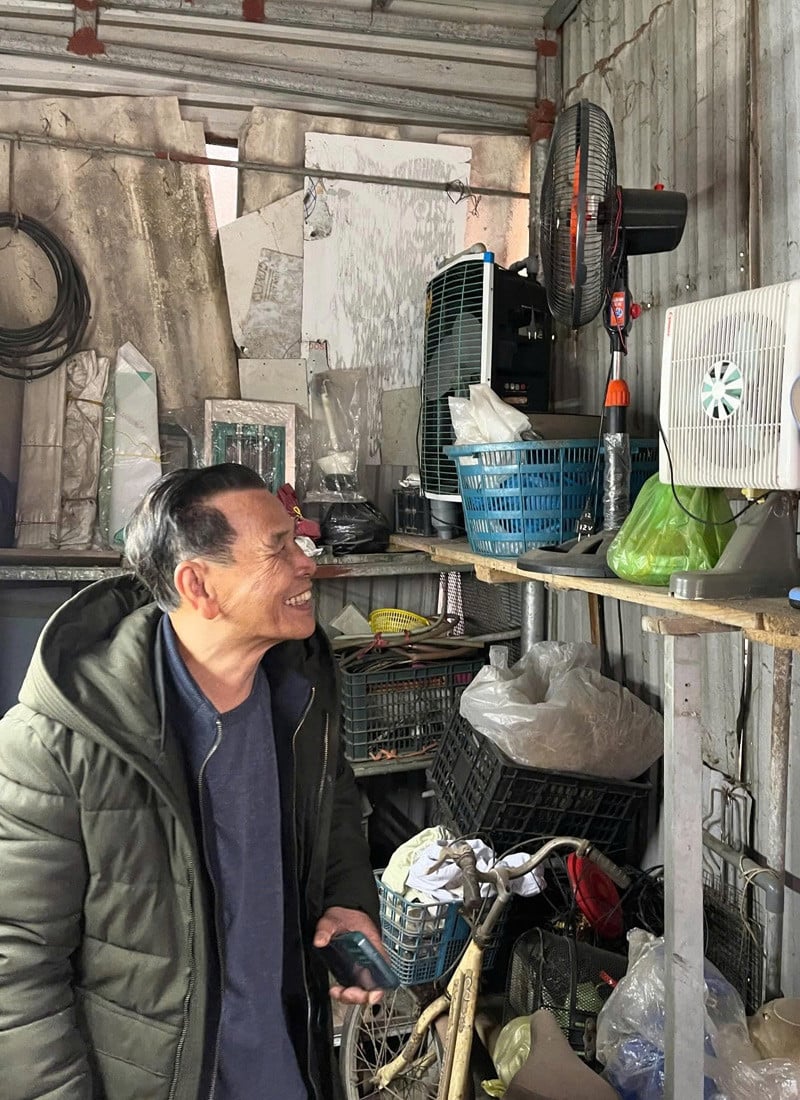
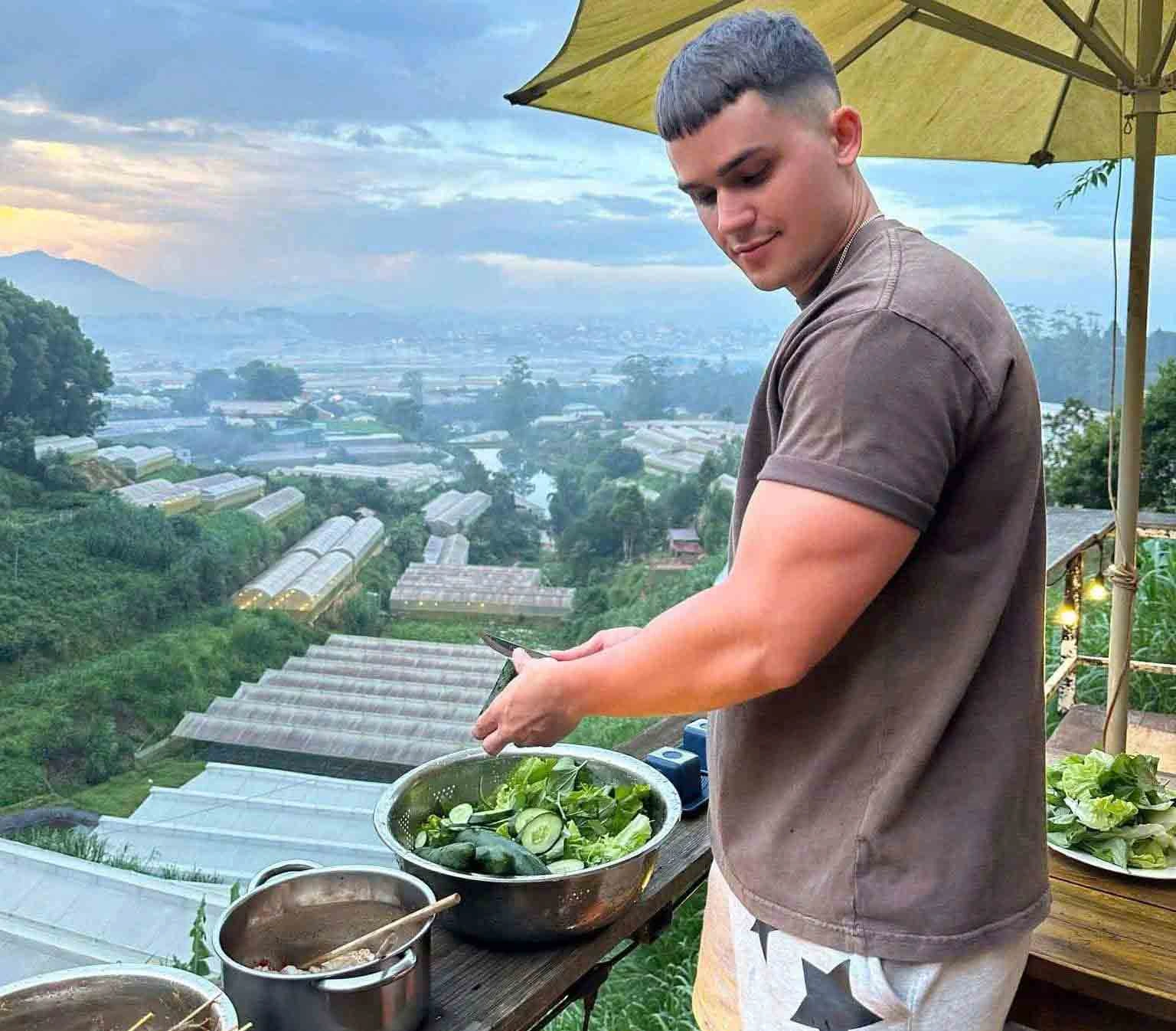
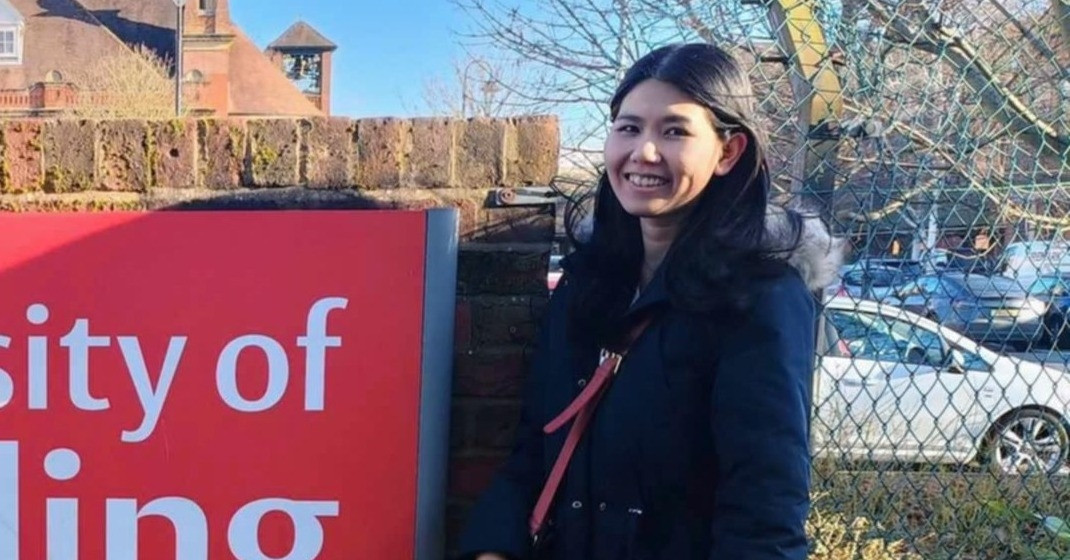
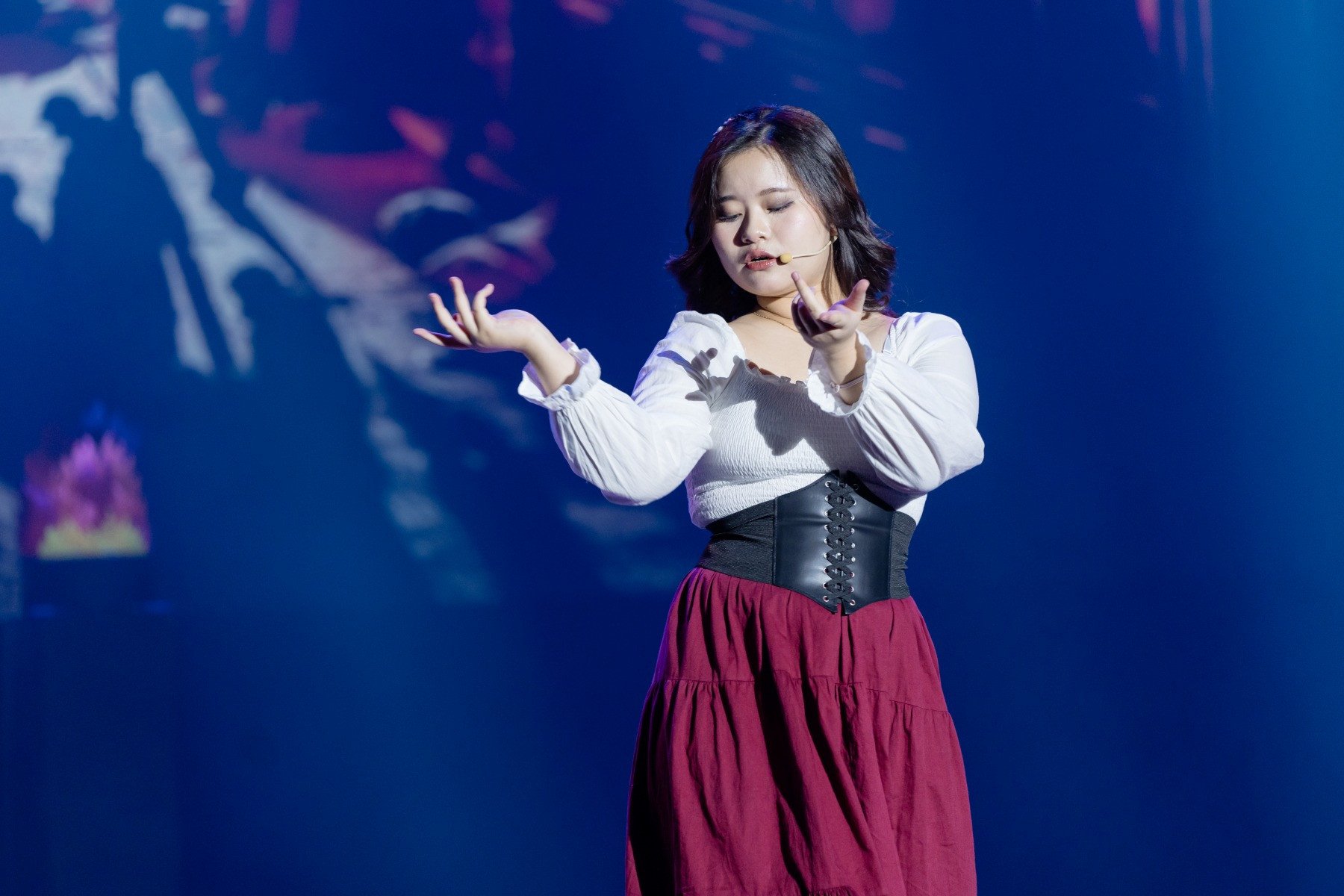
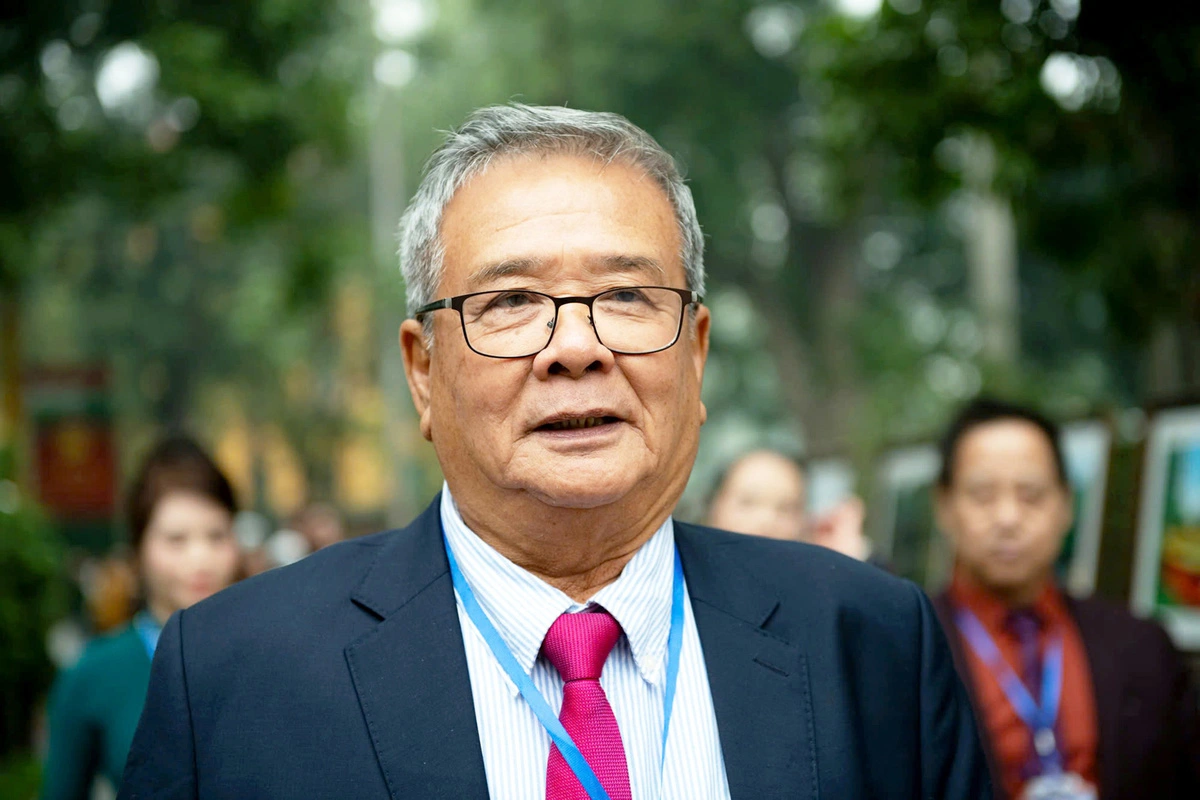




Comment (0)